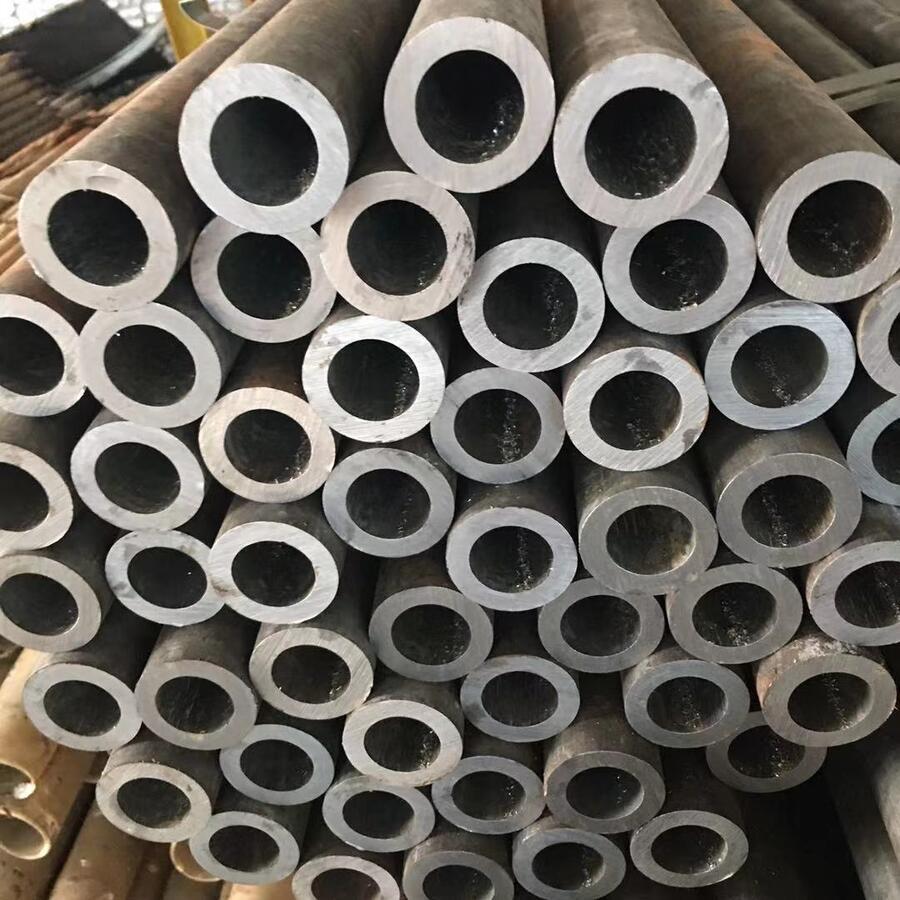The mini steel rolling mill plant has emerged as a cost-effective solution for small and medium-scale steel producers, offering flexibility and efficiency in metal forming. Unlike traditional large-scale mills, these compact systems are designed for lower capital investment and reduced operational costs while maintaining high-quality output.
What Is a Mini Steel Rolling Mill Plant?
A mini steel rolling mill plant typically processes billets, blooms, or ingots into finished products like rebars, wire rods, or flat bars. With an annual capacity ranging from 30,000 to 500,000 tons, these plants cater to regional markets or specialized industries. Key advantages include:
- Modular design for easy expansion
- Energy-efficient compared to conventional mills
- Automated controls for precision rolling
Core Components and Technology
Modern mini rolling mills integrate advanced technologies from manufacturers like HANI TECH, specializing in hot rolling mills and auxiliary equipment. Critical subsystems include:
- Reheating furnace (pusher or walking beam type)
- Roughing/intermediate/finishing stands with horizontal-vertical configurations
- Cooling beds with automated stacking
- PLC-based automation systems
For melting applications, HANI Metallurgy provides induction furnaces and ladle refiners that complement mini steel rolling plants by ensuring consistent billet quality.
Technical Parameters of Mini Rolling Mills
Below is a detailed comparison of standard configurations for mini steel rolling mill plants:
| Parameter | Model A (Low Capacity) | Model B (Mid Capacity) | Model C (High Capacity) |
|---|---|---|---|
| Annual Output (tons) | 30,000–100,000 | 100,000–300,000 | 300,000–500,000 |
| Input Material Size (mm) | 100×100–150×150 | 120×120–180×180 | 150×150–200×200 |
| Finished Products | Φ8–32mm rebar | Φ6–40mm rebar/wire rod | Φ5–50mm rebar/angles/flats |
| Rolling Speed (m/s) | 6–12 | 8–16 | 12–20 |
| Motor Power (kW) | 500–1,200 | 1,200–2,500 | 2,500–4,500 |
| Mill Stand Type | 2HV+4H | 2HV+6H | 4HV+8H |
| Temperature Control | ±30°C | ±20°C | ±15°C |
Applications and Market Trends
The mini steel rolling mill plant dominates niche markets where large mills are economically unviable. Primary applications include:
- Construction steel (rebars, round bars)
- Industrial fasteners (wire rods)
- Custom profiles for machinery manufacturing
According to industry reports, the demand for compact rolling mills grows at 4.2% annually, driven by urbanization in developing economies and the need for localized production.
Maintenance and Upgrades
To maximize the lifespan of a mini steel rolling mill plant, regular maintenance of key wear parts is essential. HANI TECH’s inventory includes:
- Work rolls and backup rolls
- Guide boxes and twist pipes
- Hydraulic servo valves
Retrofitting older mills with modern automation systems can improve yield by 8–12%, as demonstrated by HANI’s upgrades for Southeast Asian clients.
Conclusion
The mini steel rolling mill plant represents an optimal balance between scale and capability, particularly for emerging markets. With proper configuration and maintenance, these systems deliver ROI within 3–5 years while meeting international quality standards like ASTM or BS4449.
For turnkey solutions or component sourcing, consult specialized providers like HANI TECH for rolling mills or HANI Metallurgy for upstream melting equipment.




